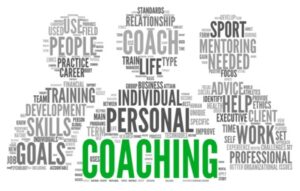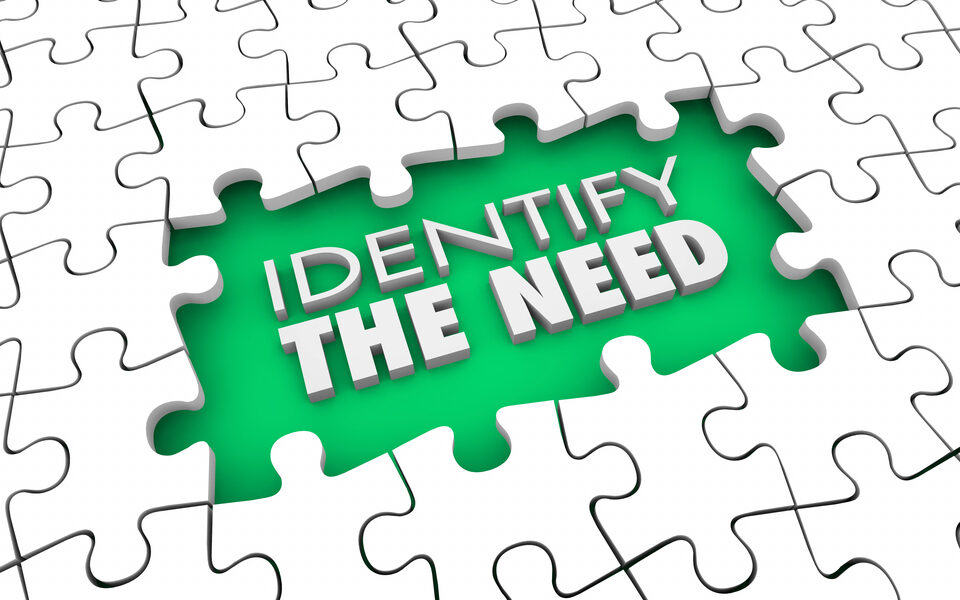
3 Life Skills for Connection. How to make a connection with a stranger.
April 15, 2019
What makes you an ideal coaching client?
August 16, 2019
“I’ve interviewed four coaches and I’ve chosen to work with you. Your style just seemed to fit me and what I am looking for right now.”
This is what one of my now clients said to me when he let me know that he wanted to start a coaching relationship.
What did he mean by “my coaching style”? What was it that made me a good fit over the other three he had interviewed?
This particular client had worked with business and executive coaches before, and he had seen results. That’s how he knew he was in need of a coach again. What he felt, when he did a sample session with me, was that this time he had come across a coach who was more focused on development versus performance. This meant more focused on him versus the tangible results he could produce and that was why he felt I was a good fit for him.
PERFORMANCE COACHING
Just like a sports coach, a certified coach also helps their client’s improve their performance. A business coach or executive coach often works with clients in the workplace. They are usually hired by the employer and can be brought in to help the employee reach a goal often chosen by or co-created by the employer. And usually the end result is about improving the bottom line.
Coaching for performance is about addressing and improving a specific problem. Sales are in a slump, an employee isn’t working well with others, the company is going through a restructuring and some staff aren’t doing well with it. It’s about putting out fires and solving problems.
DEVELOPMENT COACHING
Then there is coaching for development. This is about taking the coaching from the issue, to the person dealing with the issue. With this type of coaching the coach is calling the client to learn, improve and grow rather than just fixing or focusing on the glaring issue at hand. And it’s about the client’s goal, not what someone else wants them to improve.
As author and coach Michael Bungay Stanier says, “ it’s the difference between focusing on the fire and the person trying to put out the fire.”
When coaching for your development there is no deadline, like the fourth quarter or year end. That’s because coaching for development is often about who you are and how you are showing up in the world. What isn’t working for you and what do you want to do differently. It’s about becoming the person that you want to be and that takes longer than just by the end of next quarter.
GOALS
All coaching though is about creating change. Both types have a certain path, a journey to take. But developmental coaching can feel very different from that performance focus of: Did I lose 20 pounds? Did I make the tops sales person for the quarter? Did I double my income this year?
These are great goals don’t get me wrong. But what about when you reach those goals and inside you’re still thinking,
- “I’m 20 pounds lighter, but I still don’t like myself. “
- “I’m the top sales person but, I’m still not a part of the group.””
- “I did double my income this year, but I’m still not happy in my life.”
When we coach for development we’re not just focused on the outcome, we are also focusing on your inner self. Who you will be inside when you reach the end of that particular journey.
For me, coaching for development makes me think of Jim Rhone when he said, “ Set goals not for the accomplishment of the objectives, but for who you will become in accomplishing them.”
So, what type of coach are you needing in your life and what do you want your journey look like? Are you wanting to focus on your performance or on your development?
Finding the right coach to partner with can make all the difference to your journey.



